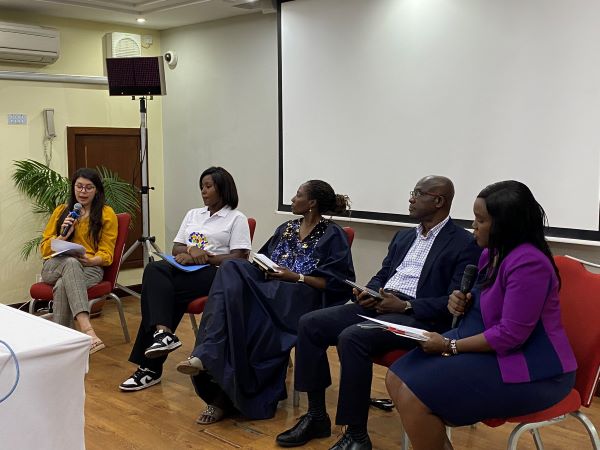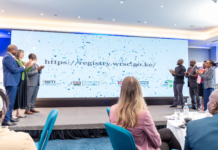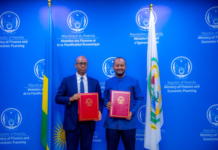By Zablon Oyugi
One Campaign, the Africa Climate Foundation and the African Centre for Economic Transformation are now calling for fair funding for all nations especially low- and middle-income countries towards mitigating the negative effects of climate change in the continent ahead of Africa Climate Summit that begins today in Nairobi.
In a joint press briefing yesterday in the Kenya’s capital, the organisations identified that one of the key challenges for African countries in adapting to the negative results of climate change is lack of funding while the available funds are given at high interest rates creating unsustainable economic realities for the nations.
“Unleashing Africa’s potential to provide global solutions to the climate crisis requires addressing unfair and unsustainable debt and increasing the availability of cheaper finance,” said Serah Makka, Africa Executive Director at One Campaign.
According to the organisation’s latest report on the Hidden Impacts of Rising Interest Rates, with 80 per cent of their external debt held in US dollars, low- and middle-income countries have faced more expensive debt service payments.
“From January 2022 to March 2023, African currencies lost 8 per cent of their value increasing their debt by 10 per cent of Gross Domestic Product (GDP),” states the report in part.
In fact, borrowing from capital markets is costing African governments 500 per cent of what it would if G20 leaders delivered swiftly on financial reform.
“Despite only contributing less than 4 per cent of greenhouse gases, Africa remains the most vulnerable to impacts of climate change yet no proactive approaches being made especially to make funds available for African nations”, said H.E Amb. Josefa Correia Sacko, commissioner for Rural Economy and Agriculture of the African Union Commission.
She said it is time for African leaders to improve their bargaining tack ticks especially at the upcoming COP28 event in Dubai to push the rest of the world to act so that to avoid more meetings with heavy expenses but no bankable profits.
Africa has potential
Dr. John Asafu Adjaye, Senior Fellow at African Centre for Economic Transformation (ACET), said that Africa has potential in a number of areas including mineral, energy, manufacturing, agriculture, value addition and the young population that if harnessed can answer most of the continent’s challenges.
“The future is in Africa, however, the only major thing we lack is limited financial capabilities to transform the potentials into tangible benefits for our people. Technological knowhow and weak revolutionary frameworks are some other challenges that need be addressed,” said Asafu.
Anita Sonia, young Kenyan climate justice advocate said that the youth play a big part in climate change agenda by driving needful innovations, policy making issues and offering workforce key to driving socio-economic transformations in the wake of climate change crisis.
“It is encouraging that African leaders have started recognising the role of the youth in this whole agenda. We are not just participating in this summit for our presence to be noticed but to give a meaningful voice that will transform the future of the continent that belongs to the youthful generation,” said Sonia.
How to fund the future
According to the One Campaign report, G20 leaders must take action to reform out-of-date global financing institutions so that they are better, bigger and more responsive to countries’ needs.
In this, the following steps can make it happen:
- The World Bank should make bolder investments and more efficient use of multilateral development banks’ (MDBs) existing capital. Optimizing its balance sheet, known as capital adequacy framework report, would minimize potential financing while preserving its financial stability and AAA credit rating.
- After these reforms have made substantial progress, starting with the World Bank, G20 governments must further increase the MDBs’ lending capacity through a capital increase to properly meet the challenges of today.
- G20 leaders and World Bank shareholders should commit to tripling the World Bank International Development Association (IDA) through increasing donor contributions and implementing reforms to further leverage its resources.
- G20 leaders and MDB shareholders should implement the G20 Independent Expert Group recommendations to improve the MDB system and ensure that MDBs move faster, more efficient and are driven by country needs.








